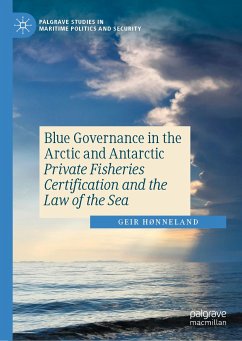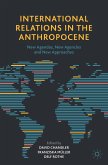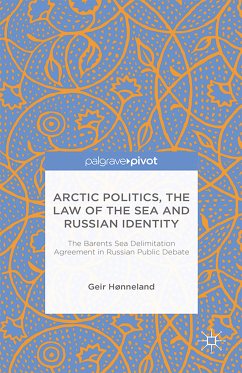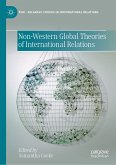This book discusses to what extent the precautionary approach to fisheries management is reflected in the MSC Fisheries Standard and in the certification of four clusters of fisheries in polar waters. Certification according to private sustainability standards (ecolabelling) has become an important addition to public fisheries management in recent years. The major global ecolabel in terms of comprehensiveness and coverage is the Marine Stewardship Council (MSC) Fisheries Standard. Becoming and remaining certified requires continuous behavioural adaptation from fisheries through a fine-meshed system of improvement conditions attached to certification. Focus is on how certification has influenced fisher behaviour and state practice. In the Southern Ocean krill and toothfish fisheries, MSC certification has generated new scientific knowledge about the stocks. In the Barents Sea cod and haddock fisheries, fishing companies have voluntarily adapted their behaviour to reduce the fishery's impacts on endangered, threatened and protected species and bottom habitats. In the local lumpfish fisheries in Greenland, Iceland and Norway, measures have been introduced to reduce the effects on seabirds and marine mammals. In the Northeast Atlantic mackerel fisheries, impacts have been more modest. Private certification is no panacea, but it seems to have found a niche as a supplement to national legislation and international agreements.
Geir Hønneland is Adjunct Professor at the Fridtjof Nansen Institute and Nord University, Norway. He holds a Ph.D. in political science and an LL.M. in the law of the sea and has published a number of books on international ocean governance, Arctic politics and Russian identity.
Dieser Download kann aus rechtlichen Gründen nur mit Rechnungsadresse in A, B, BG, CY, CZ, D, DK, EW, E, FIN, F, GR, HR, H, IRL, I, LT, L, LR, M, NL, PL, P, R, S, SLO, SK ausgeliefert werden.









